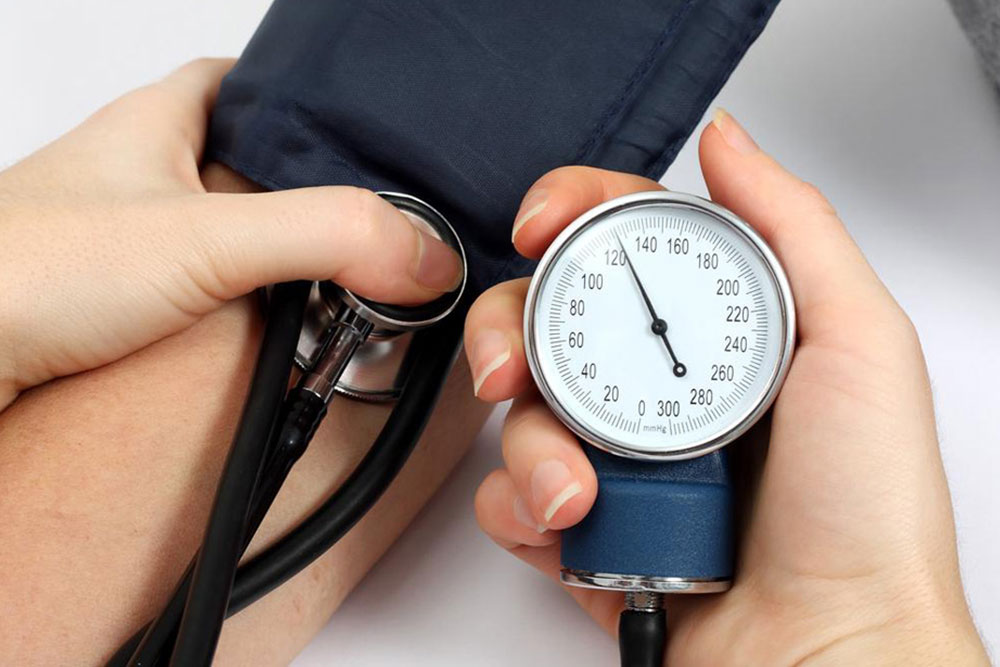Recognizing the Key Signs of a Heart Attack
This article highlights the top signs of a heart attack, including chest pain, dizziness, and sweating. Recognizing these symptoms early can save lives. We discuss common indicators, their significance, and when to seek emergency medical help. Awareness and prompt action are crucial for effective treatment of heart attack cases. Stay informed about heart health and learn to identify warning signs quickly to prevent severe outcomes.

Recognizing the Key Signs of a Heart Attack
A heart attack can strike unexpectedly and is one of the most serious medical emergencies. Awareness of its early warning signs can be lifesaving. Below are common symptoms to watch for:
Chest discomfort
Located in the left side of the chest, persistent pain or discomfort here lasting several minutes warrants immediate medical attention. Seek help or call emergency services promptly.
Nausea, indigestion, or stomach pain
These gastrointestinal symptoms frequently accompany heart attacks, especially in women, and should not be ignored.
Chest and arm pain
Intense pressure or pain in the chest that radiates to the arm signifies possible artery blockage, indicating a heart attack.
Dizziness
Sudden dizziness or lightheadedness may occur due to decreased blood pumping efficiency, requiring immediate medical attention.
Unusual fatigue
If exhaustion persists after usual activities, it could be an early warning sign of heart trouble, especially if accompanied by weakness.
Coughing
A persistent cough lasting over a week may indicate heart issues, particularly in those with a history of cardiac disease.
Excessive sweating
Unexplained cold sweats are common during a heart attack and should prompt immediate medical consultation.
Swelling in legs or ankles
Fluid buildup caused by inefficient blood flow can lead to swelling, signaling potential heart failure.
Irregular heartbeat
Frequent abnormal heart rhythms should be evaluated by a healthcare professional.
Loud snoring or choking during sleep
Signs of sleep apnea, which stresses the heart, include loud snoring and breathing pauses. Addressing sleep issues can benefit heart health.
Note:
Our website offers valuable insights across various topics, but information should not replace professional medical advice. Always consult healthcare providers for accurate diagnosis and treatment. We disclaim responsibility for inaccuracies or differences in data from other sources. Keep informed about the latest health developments for better prevention and care.










